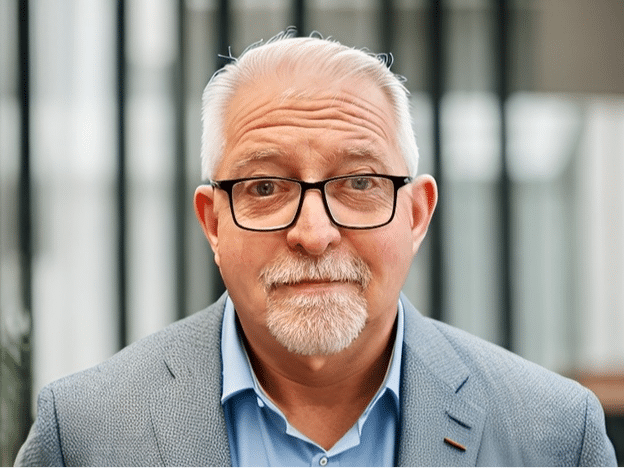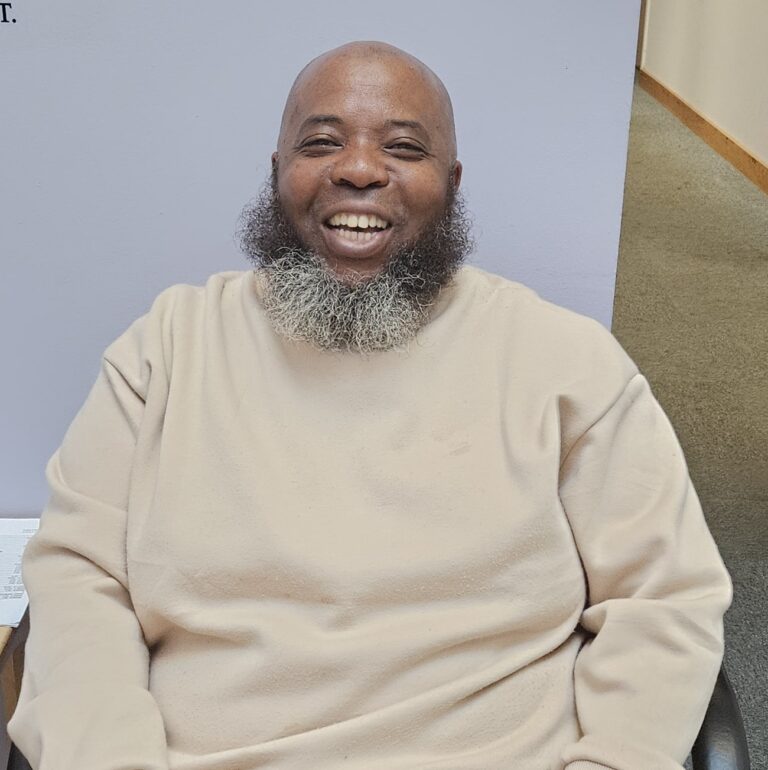The Bridge Club of Greater Lowell exemplifies the powers of compassion and opportunity in reducing recidivism and supporting individuals on their paths to economic stability.
The Bridge Club of Greater Lowell exemplifies the powers of compassion and opportunity in reducing recidivism and supporting individuals on their paths to economic stability. Founded in 2019 by Bob Cox, Bridge Club has become a lifeline for individuals overcoming addiction. From providing access to three months of sober housing upon release to offering transportation to and from work, Bridge Club ensures participants have the resources they need to thrive. Bob shares, “We drive them to work, help them with clothing, food, and even getting back their driver’s license. It’s about more than just finding a job—it’s about creating a support system that empowers them to succeed.”

Since its inception in 2019, Bridge Club has grown into a hub of recovery and upward mobility through workforce opportunities. At its core, Bridge Club’s mission is to break the cycle of addiction and incarceration—something Bob Cox knows too well as a recovering alcoholic himself. As Bob explains, “It’s a never-ending circle. They can’t get a clean CORI check, so they return to what they know. This program offers them a second chance at life.”
Funded in part through Re-Entry Workforce Demonstration Grants, Bridge Club’s work has made a significant impact on individuals like Emanual*, a program participant who spent 12 years incarcerated. For Emanual, Bridge Club has been life changing. “When I came out, I didn’t know what I was going to do. Bridge Club helped me with my first meal, work clothes, and essentials. They even drive me to work every day. That’s the highlight of my day—we talk to the driver, and it’s something I look forward to every day. It’s amazing to still have a relationship with the people that are part of the program. They are still there, being good people and talking to you like you are just a regular person. It’s a good feeling.”
Bridge Club empowers participants through workforce training in culinary arts and manufacturing, helping them rebuild their lives and secure meaningful employment. Partnerships with employers ensures access to job opportunities, while certifications like ServSafe, OSHA 10, and sexual harassment training boost confidence in employability. Currently, they are also in the process of launching an onsite culinary arts training program.
The Bridge Club connection helped Emanual land a job at Restaurant Depot, where he found stable work and a mentor. “It is a very welcoming place and there I met someone who came through the [Bridge Club] program, and he took me under his wing and said I know what you are going through,” says Emanual.
Open seven days a week, Bridge Club embodies its philosophy: “Addiction doesn’t take a day off, so we can’t either,” says Bob. With over 30 Alcoholics Anonymous (AA) meetings offered weekly and a focus on recovery coaching, Bridge Club ensures participants have continuous support.
“Truly, they can stay with us for as long as they want, “says Kyana Mora, Administrative Lead at Bridge Club, emphasizing their commitment to long-term support. Emanual’s journey stands as a testament to this success. “He is really doing very well in life, and we are very proud of him,” says Kyana.
“The support was huge, but not just for being able to have a job, but having people who have empathy for you,” says Emanual. “From the outside, looking in, they put themselves in my shoes and went above and beyond. I know that I can call to this day and there’s always someone to talk to.”
As Emanual continues to thrive, he remains grounded in the lessons he’s learned. “I just want to make sure I can take it one step at a time. I realize that I have to appreciate the small things in order to succeed in the life I’m living now,” he said.

*Participant’s last name has been omitted at their request.
